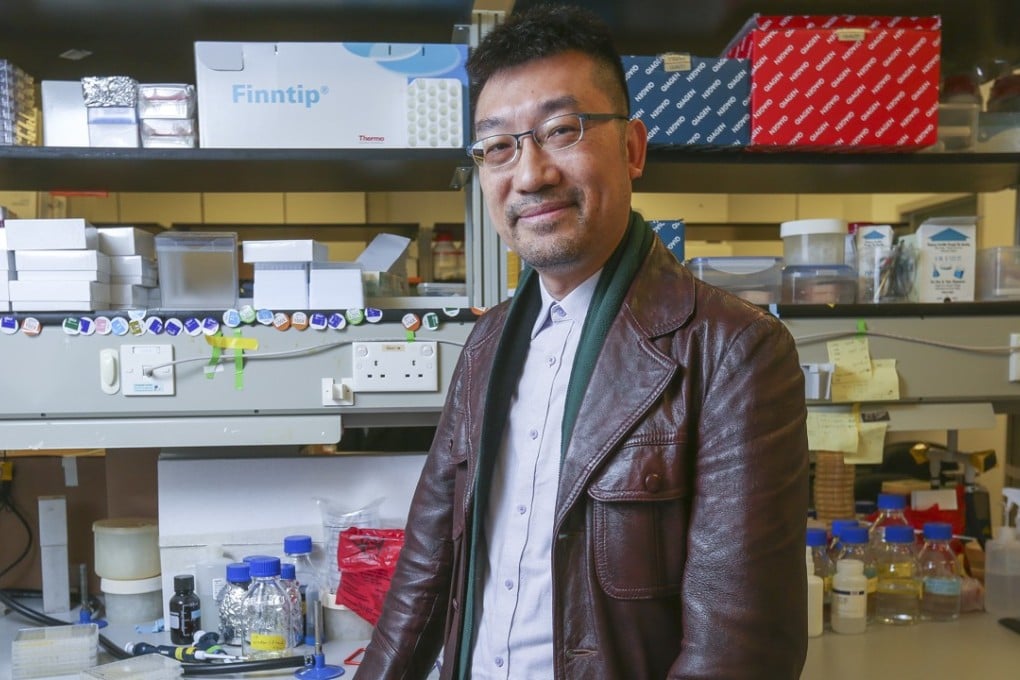Why Hong Kong’s bet on biotech is doomed to fail – if private backers don’t step up
Publicly-funded research in universities is flourishing but few investors are currently willing to bankroll local scientists looking to commercialise findings, despite nudges from the government

Checks by the Post on the number of investors found analysts and venture capital executives scratching their heads trying to estimate just how many private funders are involved.
The Post did find one entrepreneur, Ian Huen Chung-yuen, 38, who is focusing on biotechnology and putting money in local research to fund applications for wider use.

Huen said the high bar to biotech investment is a deterrent. It requires investors who have specific knowledge in the potential of a research project compared to, for example, those who do conventional property investment. Biotech also needs backers prepared to stick around for the long-term, not those seeking quick returns.
In 2016, Huen founded Aptorum Group, a Hong Kong-based life sciences and bio-pharmaceutical company, to support local scientists wanting to commercialise their research findings.